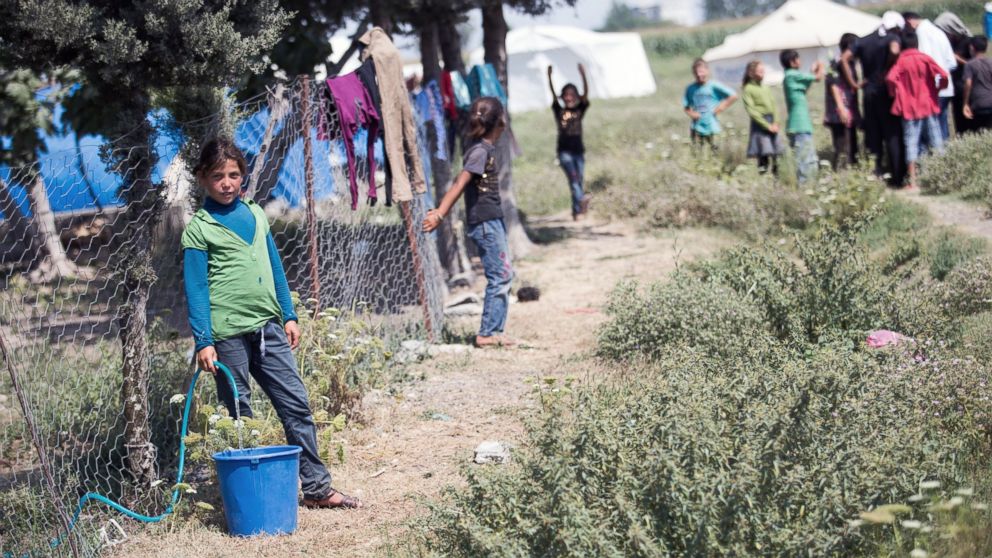UN Seeks to Fund Education, Combat Extremism for Children in Crisis
Advocates say education can provide stability, keep kids out of trouble

— -- Going to school can dramatically change the lives of children in conflict zones –- yet education is severely underfunded, children’s advocates from UNICEF and Save the Children say.
Their comments follow the World Humanitarian Summit in Istanbul today, where United Nations Special Envoy Gordon Brown launched a new education fund for children affected by conflicts, natural disasters and other types of crisis. The U.N. goal is to recruit 100 major foundations, businesses, governments and international agencies as contributors to this new education fund.
“Education is so important because it is the only foundation and stability in these children’s life, where they can recover from the conflict,” UNICEF's Deputy Executive Director Justin Forsyth told ABC News.
The new U.N. fund aims to improve access to education for 18 percent of children affected by crisis by 2020 and to all children affected by crisis by 2030.
Less than two percent of current U.N. emergency funding is spent on education, according to figures from the United Nations Office for the Coordination of Humanitarian Affairs.
“It’s pitiful,” Tove Wang, chief executive officer of Save the Children Norway who will provide strategic direction for the new fund, told ABC News. “It has taken a long time to make the world understand the importance of education in crisis. There has been this thinking that health, food and shelter is the most important. Now, there is a growing understanding that education is lifesaving.”
Wang explained that education protects children from dangers and gives them a sense of stability even when they live in places devastated by conflicts. Children who don’t go to school in conflict zones are more vulnerable to extremism, the organization said.
“If you are in school you might not be recruited as child soldier,” Wang said. “You are less likely to be picked up for child labor or be picked up by one of the fighting parties. Many young people join rebel groups because they have no other options. If there is a school functioning you have an alternative.”
Forsyth said that children in conflict zones can also be at risk of being kidnapped or trafficked. In northern Nigeria, Boko Haram is purposely attacking schools because the extremist group is against education.
For many children, the risk of being abducted can make them fearful of attending school. Forsyth met a 10-year-old boy who had to flee to the river and hide in the bushes after Boko Haram attacked his school. The group found him and kidnapped him, but he later managed to escape.
One in four of the world’s school-aged children –- 462 million –- now live in countries affected by crisis. Of these children, 75 million are either in danger of missing out on school or they already have, according to the U.N. Refugee children and children who are displaced inside their own countries are a big priority for the new fund, especially Syrian children.
The fund also aims to spend money on education for children in countries such as Yemen, South Sudan and Nigeria, where crisis prevent children from going to school. Depending on the individual country and its needs, the proposed U.N. fund could provide temporary learning centers and training for teachers.
“Money going toward education is tiny, even though education is the number one priority for children themselves, before water and food,” Forsyth said.